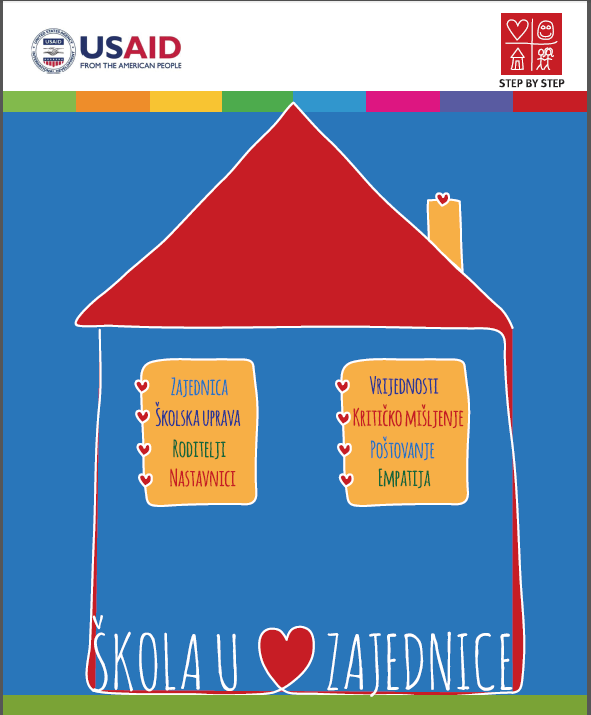Speeches Shim

This program works to reduce the risk of violent extremism in schools and communities by strengthening the preventive role of the education system. It does this by instilling values-based learning and critical thinking into school culture, policies, and practices. Our implementing partner for this three-year $500,000 program is the Center for Educational Initiatives Step by Step.
In an effort to address the global challenges to violent extremism, policymakers and leaders around the world have increasingly come to recognize the importance of prevention measures and the critical role of the education system. Experts agree that a quality education for children from an early age should include building the capacity for critical thinking, intercultural dialogue, and civic participation. It is equally important for schools to create an inclusive environment that will strengthen social cohesion and enable children and, ultimately, youth to resist extremist narratives.
USAID ASSISTANCE
USAID’s School at the Heart of Community project uses an inclusive, value-based, and community-oriented education model to build resilience in children to extremist narratives. The activity focuses on schools as the center of the community, empowering school leaders to create inclusive and supportive school cultures, develop policies reflecting universal values, and support practices that foster critical thinking skills – all of which will help prevent acceptance of ideologies that espouse violent extremism. The activity works to create a school culture that teaches social and leadership skills, encourages constructive participation in civic life, fosters teamwork, and instills a sense of identity and belonging.
IMPLEMENTATION
USAID kicked off the program with a large conference of school principals and other stakeholders to start a discussion about education practices in preventing violent extremism and explain models and good practices implemented in BiH. The conference provided a platform for participants to share their experiences and discuss the effectiveness of the different approaches and models used. It was also an opportunity for the 100 diverse groups and individuals attending to join the project – school principals and representatives from the Ministries of Education in BiH, pedagogical institutes, parents’ associations, universities, international and local NGOs, and other experts. Thus the event started building the community of principals that would be a major resource during the project and the network that will be developed to ensure sustainability.
The project will directly involve 45 schools throughout BiH, with 315 school development team members and 900 teachers. In the first phase, 15 schools will be selected based on determined criteria and in consultations with USAID and Ministries of Education. In the second phase, 30 more schools will be included, preferably those from other cantons and municipalities. Their process of transformation will be supported by the 15 original schools, so that each school will mentor two new schools.

Comment
Make a general inquiry or suggest an improvement.